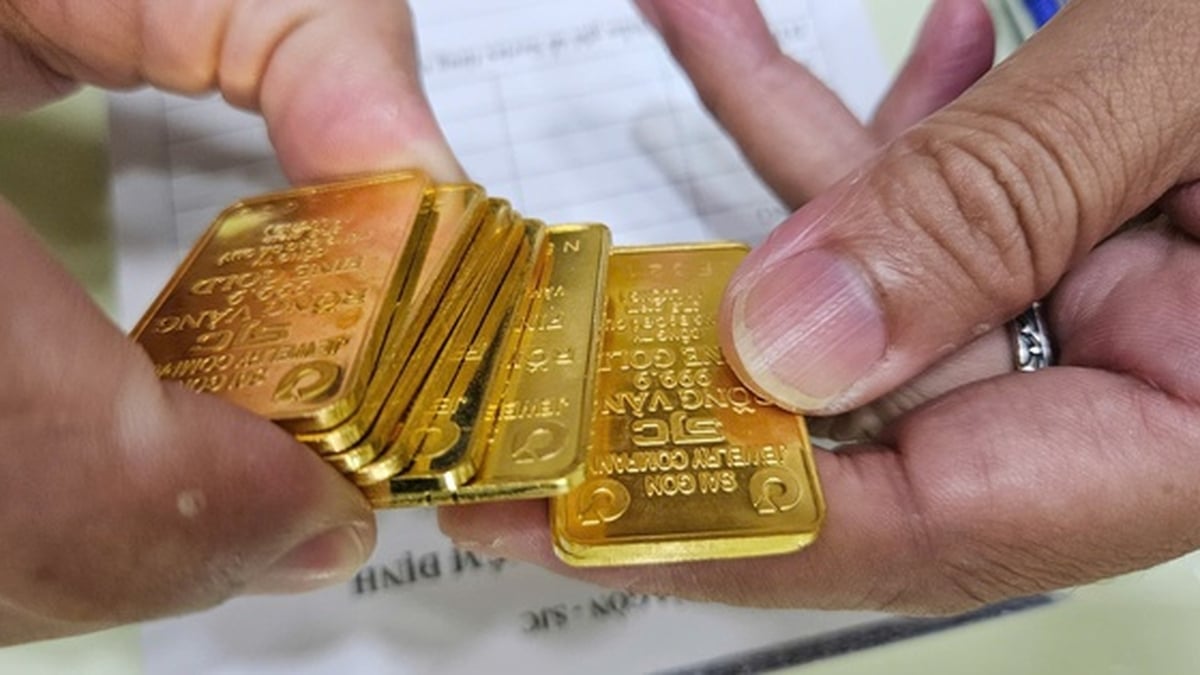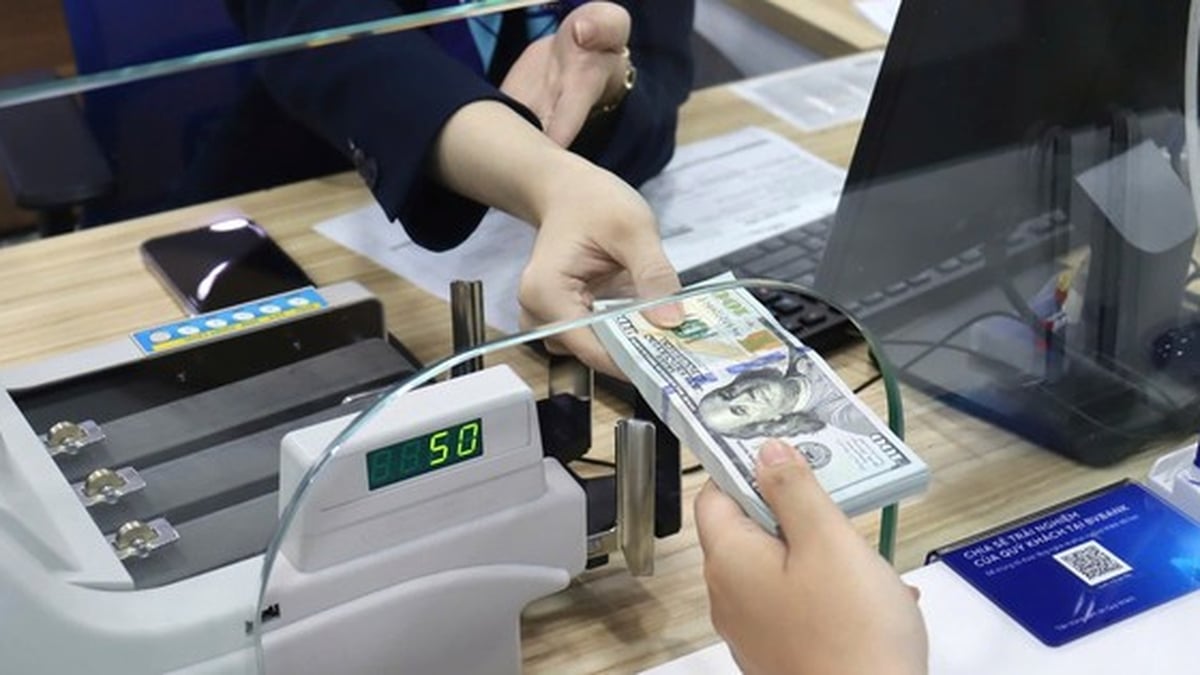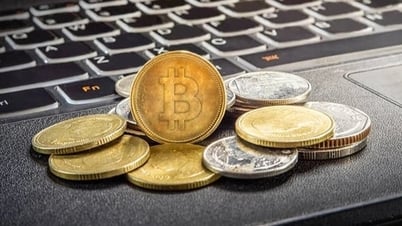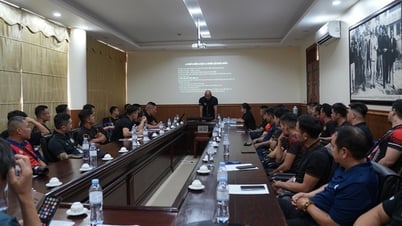 |
| Digital payments increase the risk of cyber fraud (illustrative photo) |
I texted a friend to ask for her account number to pay back the money I asked her to buy something for me, but she texted me an account number with a strange name. Feeling uneasy, I did not transfer money to that account number and called her back, only to receive the answer that the account number belonged to an acquaintance and she was “temporarily borrowing” it to use.
In terms of “emotion”, it is not a big deal to lend someone an empty account or let a relative use it freely. But in terms of logic, it is an illegal act if when giving someone else a bank account to use, when opening the bank account, the account owner does not authorize the “borrower” to use his/her account; by making a written document and sending it to the bank where you opened the account.
Although the purchase, sale, and lease of personal payment bank accounts have been warned by the authorities, the phenomenon of illegal purchase and sale of bank accounts has been happening and has increased recently due to the need to use credit payment methods of organizations and individuals in daily life. Accordingly, illegal purchase and sale of bank accounts is clearly expressed in the exchange and agreement of information about other people's bank accounts in many different forms and means to gain illegal profits or other illegal purposes.
According to Point c, Clause 1, Article 5 of Circular 23/2014/TT-NHNN, the payment account holder has the right to authorize another person to use the payment account according to the provisions of Article 4 of this Circular. However, the authorization in using the payment account must be in writing and implemented in accordance with the provisions of law on authorization. To authorize the use of the payment account, the account holder must send the payment service provider where the account is opened a written authorization document with a registration of the signature sample and a copy of the ID card or valid passport of the authorized person (in case the copy is not certified, the original must be presented for comparison).
The law clearly stipulates the authorization for others to use payment accounts as well as strictly prohibits the purchase, sale, lease, lending, or use of payment accounts to conduct transactions. This is because this is an act that can facilitate fraudulent, deceptive, or other illegal acts.
Currently, fraud methods on the Internet are too common and increasingly sophisticated, but not everyone has the information to be vigilant. Most of the cases related to the use of cyberspace, high-tech devices to commit fraud, property appropriation, fraudsters mostly use non-owner bank accounts (hiring others to open, buy accounts or defraud, appropriate other people's accounts) to carry out and conceal illegal acts, such as receiving fraudulent money, fraud, money laundering, transferring, receiving gambling money... or other illegal acts.
According to the law, illegal buying and selling of bank accounts can be subject to administrative or criminal penalties. At the same time, violators are forced to pay into the state budget the illegal profits gained from committing the violation.
In case of illegally buying or selling 20 or more bank accounts or illegally profiting from 20 million VND or more, one may be prosecuted for the crime of illegally collecting, storing, exchanging, buying, selling, or publicizing information about bank accounts as prescribed in Article 291 of the 2015 Penal Code. The maximum prison sentence is up to 7 years.
Source






























































![[Maritime News] More than 80% of global container shipping capacity is in the hands of MSC and major shipping alliances](https://vphoto.vietnam.vn/thumb/402x226/vietnam/resource/IMAGE/2025/7/16/6b4d586c984b4cbf8c5680352b9eaeb0)





































Comment (0)